MORE PRAISE FOR
OVERCONNECTED
Bill Davidow critically confronts the proliferation of the internet. The authors agile command of such a wide range of contemporary political and economic issues expands each page into a new, stimulating area of inquiry and original insight. Overconnected is an extraordinary book that challenges us to re-think our almost slavish devotion to cyberspace.
Stanley B. Prusiner, Nobel Laureate in Physiology or Medicine 1997
Bill Davidow weaves a tapestry of many different materials in building his case that the Internet has, like many popular delusions of the past, done us harm by overconnectivity. His bona fides as a high-tech savant allow him to go where others might fear to go: to criticize progress and predict disaster from continued unregulated use of the Internet, the most powerful device of inter-connectivity ever invented.
Policy-makers need to read Overconnected, or theyll be condemned to irrelevance. Its a hugely important book that takes on the greatest communications invention of all time, and finds it wanting. The book has direct and powerful relevance for finance, telecommunications, urban planning, and environmental policy. The author draws amazingly powerful insights from across many different fields, and frightens as well as enlightens, the reader. A superlative job.
Tom Campbell, former Dean, Haas School of Business, UC Berkeley; five-term U.S. Congressman
I dont think I have ever read a book with more ah hah moments. Suddenly I get it. I now appreciate the importance and danger of positive feedback for the economy, the role of the computerized trading in the 1987 stock market crash and the role of the Internet in the 2008 financial crisis. The book is brilliant, original, sobering and fascinating. It is extraordinarily important. Read it.
John Shoven, Director of the Stanford Institute for Economic Policy Research
Overconnected is a new, brilliant and provocative polemic on the miracle and curse of the Internet. And more. Chapter 5, The Ghost in Our Midst, is on its own, invaluable. Read this if youre passionate about innovation, business, policyor (just) the future.
John Doerr, general partner, Kleiner Perkins Caulfield & Byers, venture capital firm
Bill, who oversaw the design of the original Intel microprocessor chip, has the courage to take a hard and honest look at the societal impact, both good and bad, of the technological revolution he himself helped start. Going further, Bill also offers sound solutions to some of the Internets most dangerous excesses. This exciting new book is an essential read, making the strong case for ensuring ethical and pragmatic considerations always track technological innovation.
Jean-Lou Chameau, President, California Institute of Technology
As has been his wont in the past, Bill Davidow has once again put his finger squarely on the most salient risk in contemporary economic life. Earlier it was the rise of the virtual corporation (an idea Bill brought to the surface over twenty years ago). Now it is overconnectedness and all the issues of contagion it implies. Many big vision books are bunk. Bills is the real deal. Let his thoughtfulness deepen your own.
Geoffrey Moore, Author, Crossing the Chasm
Bill Davidow has written a barn-burner of a thoroughly researched book loaded with interesting facts that reads like a novel describing how overconnectivity caused such catastrophes as the flash crash, day trading, cyber thieves, collateralized debt, mortgage meltdowns, credit defaults and the Icelandic catastrophe. He points out the need to adapt to the unintended consequences of the Internet and offers reasonable and thoughtful solutions.
Arthur Rock, Venture Capitalist
OVERCONNECTED
ALSO BY WILLIAM H. DAVIDOW
The Virtual Corporation: Structuring and Revitalizing the Corporation for the 21st Century, with Michael S. Malone
Total Customer Service: The Ultimate Weapon: A Six Point Plan for Giving Your Company the Competitive Edge in the 1990s, with Bro Uttal
Marketing High Technology: An Insiders View
_0005_001.jpg)
To Sonja, the creator of my wonderful life and family
Contents
Acknowledgments
16. What Now, Continued: Katrina, Social Security, and a Tribe of Aborigines
Over the years, many people have challenged, supported, and encouraged me. It would not have been possible to write this book without them.
Katie Hafner made this book possible. She contributed ideas, and researched and wrote much of the book. In many ways it is as much hers as mine.
None of this would have happened without the support of Cecile Engel, my publisher, who encouraged me to rewrite the manuscript one more time after I had put prior drafts in a drawer. My editor, Christopher Lehmann-Haupt, devoted endless hours to the project and greatly improved the books readability. Tom Parker also supported me through the writing process. Over the past several years, James Levine, my agent, read the manuscript in its many iterations. Kimberly Summe generously read the book in various stages of completion. Alda Sigmundsdttir was invaluable to the book, conducting research from Iceland. Two of my closest friends and most enthusiastic supporters are no longer with us. Russ Berg read almost every word I wrote and continually provided me with new perspectives. My remarkable friend Tory Atkins learned about the book late in his life, took a deep interest in the project, and introduced me to my publisher. Without their encouragement and interest, this project would have never been completed.
Faculty members at the Berkeley Round Table on International Economics (BRIE), located at the University of California, Berkeley, spent a great deal of time critiquing and reviewing my ideas. I am deeply indebted to Stephen Cohen and Brad DeLong for the effort they expended on my behalf. John Zysman, Constantine Magin, and Alberto Di Minin all contributed as well.
A number of friends at the Santa Fe Institute helped point me in the right direction. W. Brian Arthur spent hours discussing the topic with me, and his writings provided many of the early clues. John Padgett suggested that many of the answers I was looking for would come from the study of cities. He was right. Walter Fontana helped me sort out several issues. When you visit the Santa Fe Institute you meet many interesting people. I greatly benefited from discussions with Marcus Feldman, Harold Morowitz, Sam Bowles, Cormac McCarthy, Doyne Farmer, Juris Hartmanis, and many others.
Members of the faculty at the Stanford Institute for Economic Policy Research (SIEPR) provided many useful insights. I am especially indebted to two wonderful economic historiansPaul David and Nathan Rosenberg, whose work influenced me greatly. John Shoven, the director of SIEPR, took a continuing interest in the project. Bruce Owen spent considerable time helping me with publishers. I benefited from discussions with a number of others who are members of the SIEPR groupKenneth Arrow, Michael Boskin, Timothy Bresnahan, Edward Lazear, Roger Noll, Paul Romer, James Sweeney, John Taylor, and Gregory Rosston.

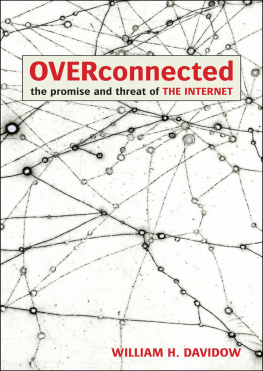
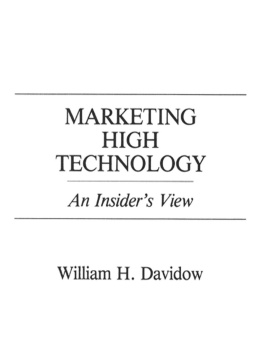

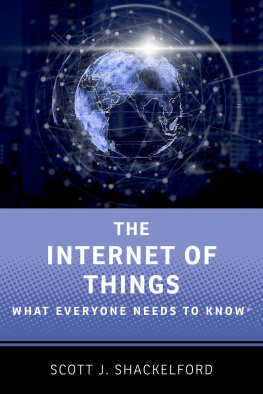
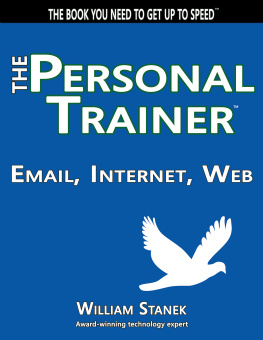
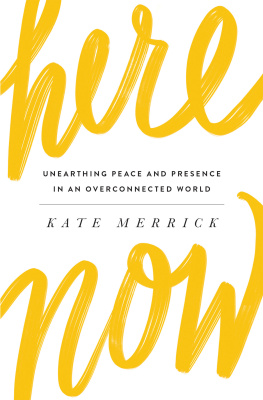
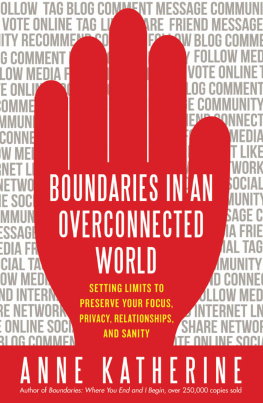
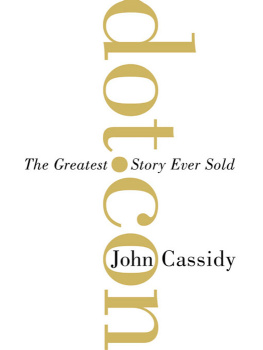

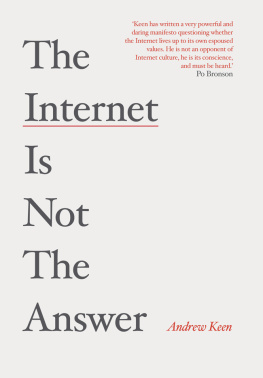
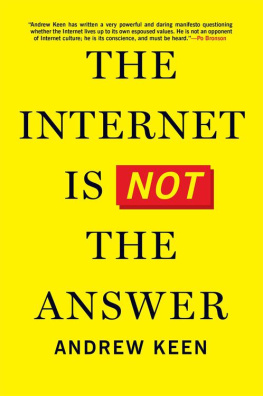


_0005_001.jpg)